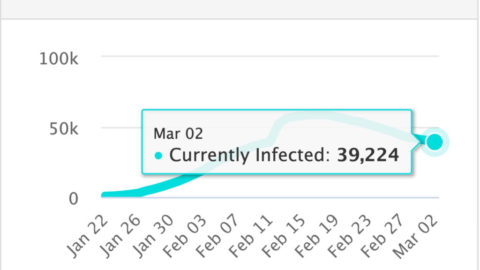Tax Harvesting: Is It For You?

Harvesting long-term capital gains can be an overlooked year end strategy, but depending on your tax bracket, may be something to consider. The long term capital gains rate in 2014 remains a relative bargain. For most investors the rate is just 15% and the maximum long term rate is 20%, if you’re in the top tax bracket, which is still relatively low when you consider that the ordinary income tax rate is 39.6% (ordinary tax rates apply to short-term capital gains). Also, investors falling into the 10% and 15% ordinary income tax brackets may be able to take advantage of the 0% tax rate on long-term capital gains. So, in some scenarios it may make sense to harvest some gains this year as well.
On the other side of the coin, and a concept you’re probably familiar with, is harvesting tax losses. Tax loss harvesting is the ultimate example of making lemonade out of lemons or seeing the glass half full. It is basically selling investments that are currently at a loss in order to realize the loss in the current tax year for tax-saving purposes. You are able to offset an unlimited number of gains with losses and can write off an additional $3,000 loss against income. If you have losses above $3,000, you’re able to carry them forward for an unlimited amount of time and offset against gains in future years.
Do you want to stay in the current investment or sector, but still recognize the gain/loss? You may be able to do this by selling an investment, taking the gain/loss, and investing in something similar (think sell Pfizer, buy Johnson & Johnson) to stay in the sector but still take the gain/loss. You can’t sell a specific stock or investment and purchase the same one because we run into the Wash Sale Rule, which is an IRS rule that prohibits a taxpayer from claiming a gain/loss on the sale of a security, and within 30 days of the sale, buying stock in the same company.
So, grab your October statement, cuddle up by the fire with your pumpkin spice latte and consider if you should implement one of these strategies to manage your tax liability as we close the books on 2014.








